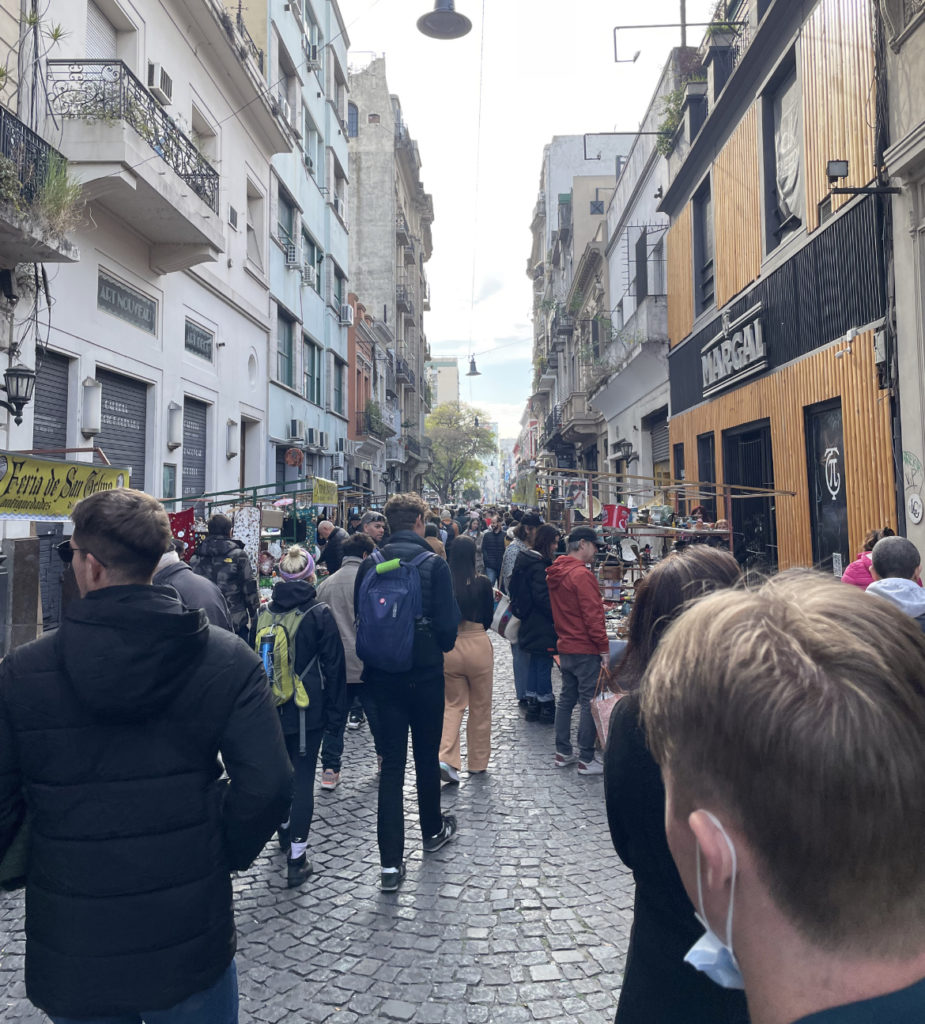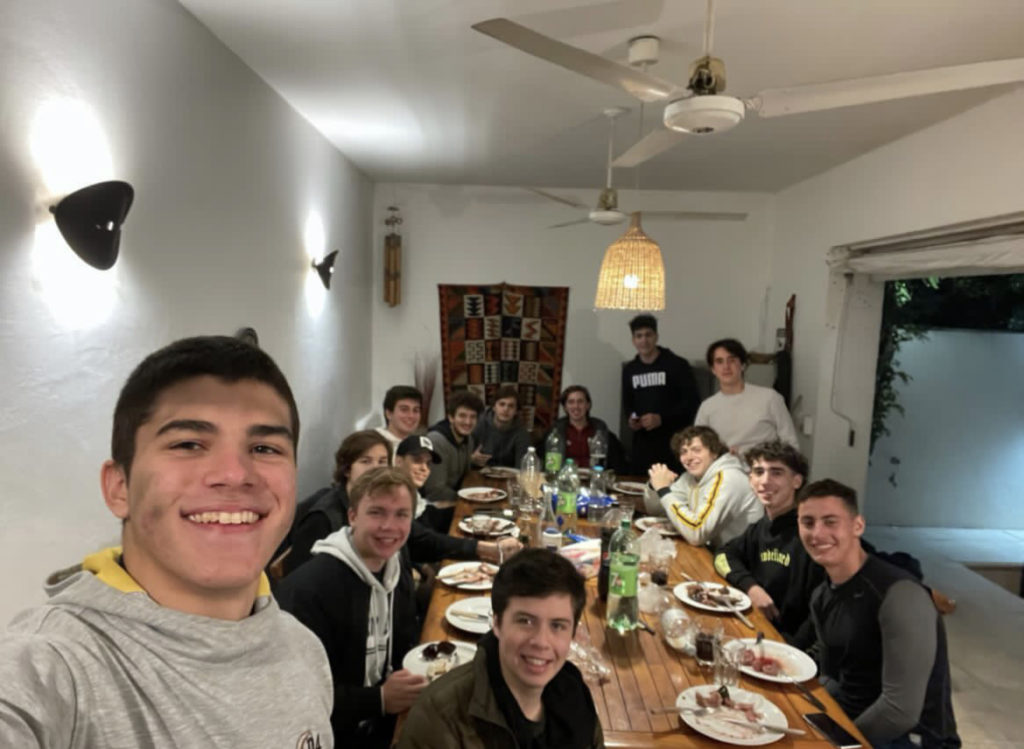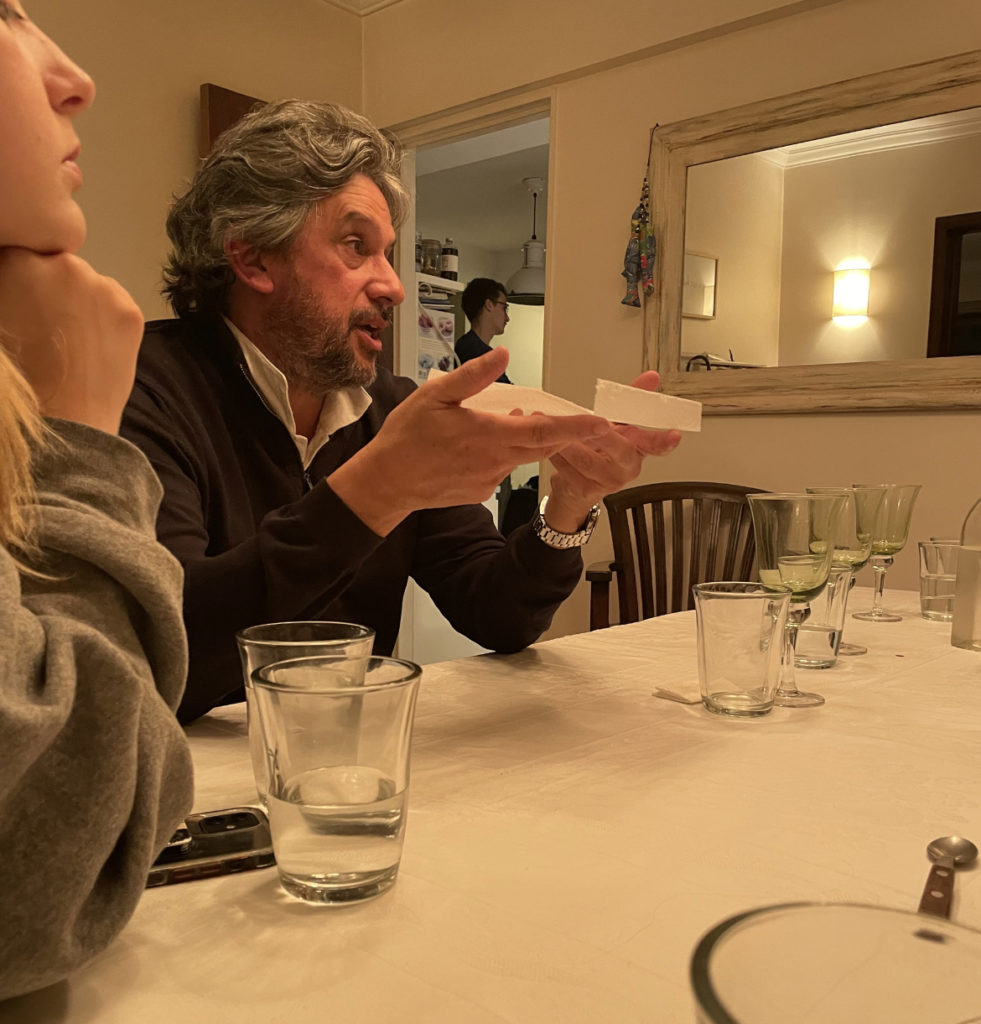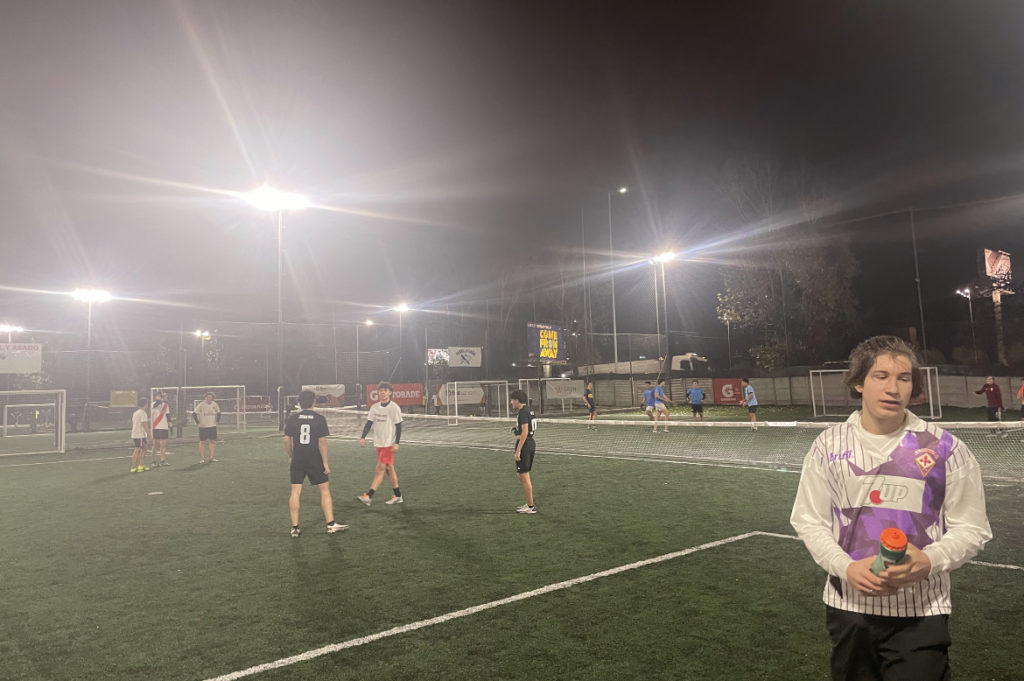During my summer abroad studying Spanish in Buenos Aires, Argentina, I realized that I have a passion for becoming proficient in new cultures. Learning about Argentine culture while simultaneously improving my Spanish for a month was an invaluable experience for me. My worldview has never felt more expansive because I was able to make real connections with Spanish speakers, speaking their language, and physically being there with them in their home country. I have become friends with Latinos in the United States, but meeting them in Argentina in their first language enabled me to form what I felt to be more meaningful connections.
If I could give advice to future SLA grant recipients I would emphasize the importance of being patient with yourself as you learn and others as they get to know you more. It is extremely difficult to immerse yourself in a new country, culture, and language. It is ridiculous to expect to be at the level you want as soon as you arrive. Make sure you give yourself the time you need to adjust and absorb your surroundings, the conversations you’re having, the places you’re seeing, the food you’re eating, and everything else. Equally important is being patient and understanding with the new people you interact with. Chances are that the people in the country that you are visiting do things differently than what you are used to. It is easier said than done, but try your best to be understanding of these cultural differences and realize that it takes time for everyone to adjust.







